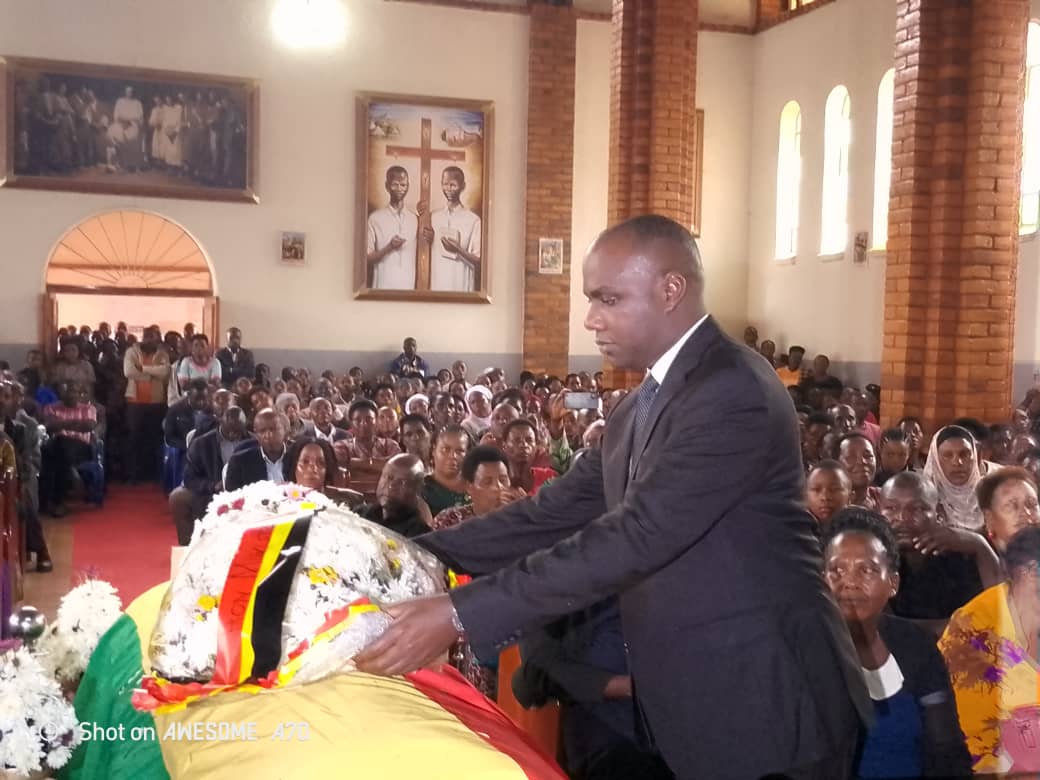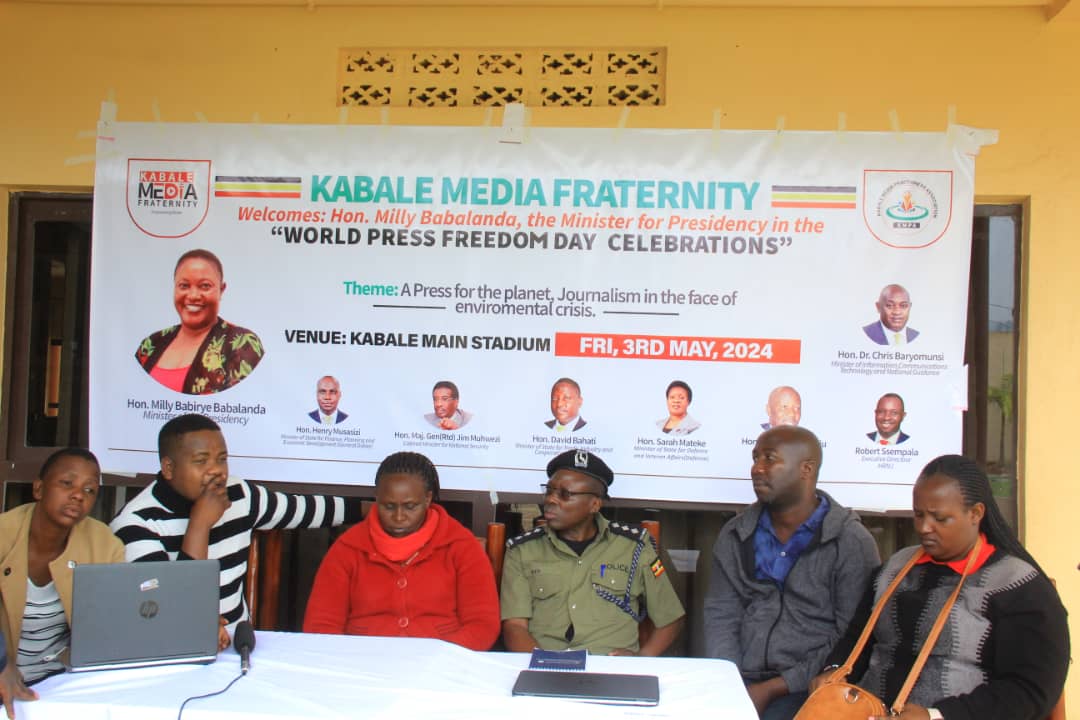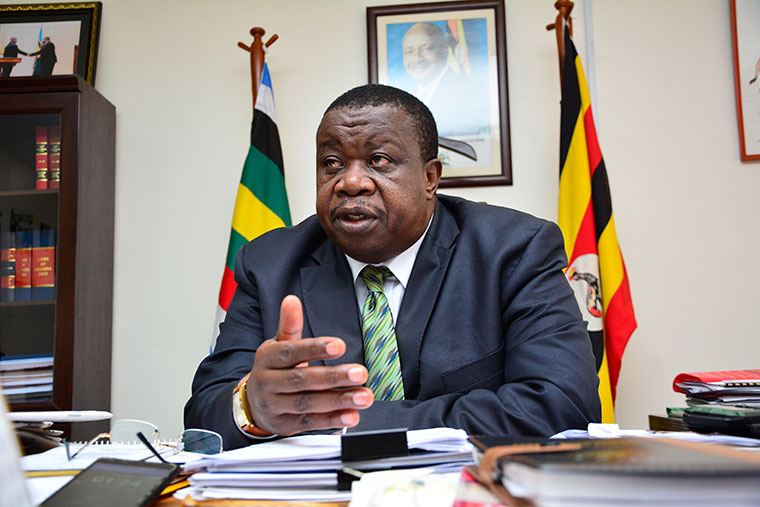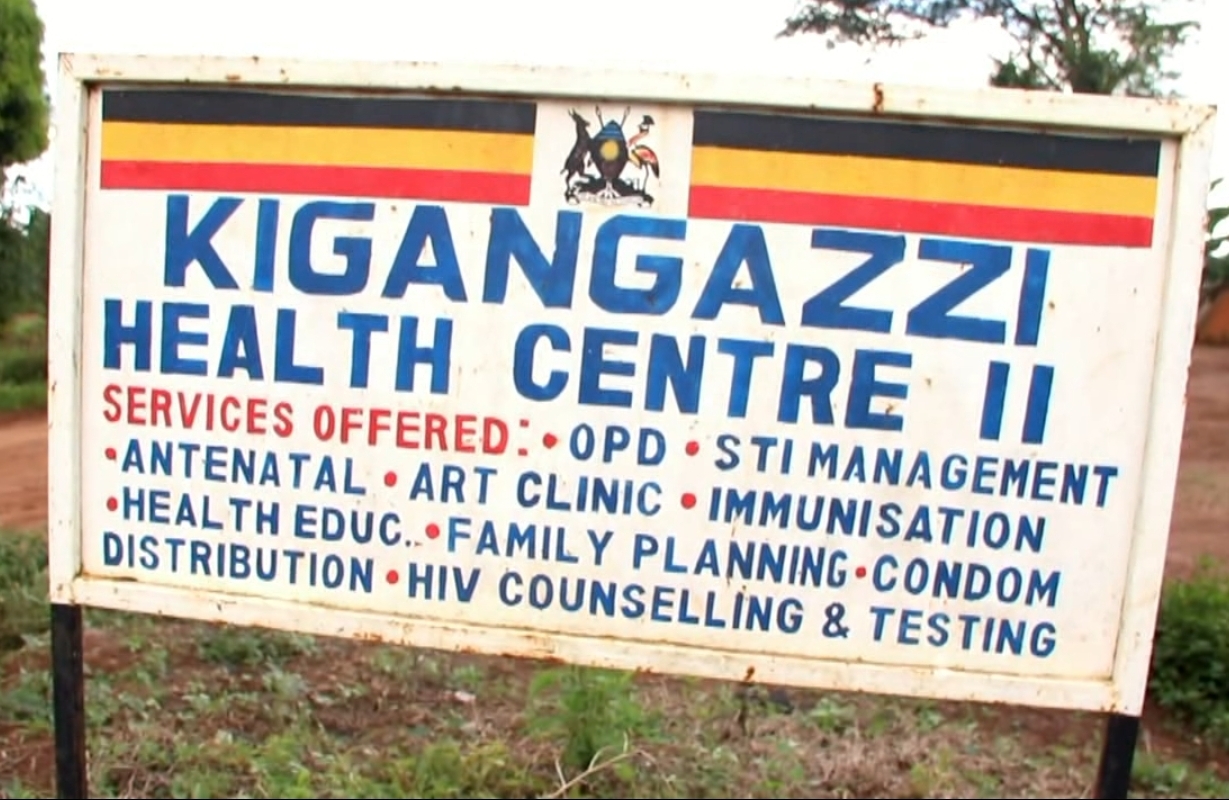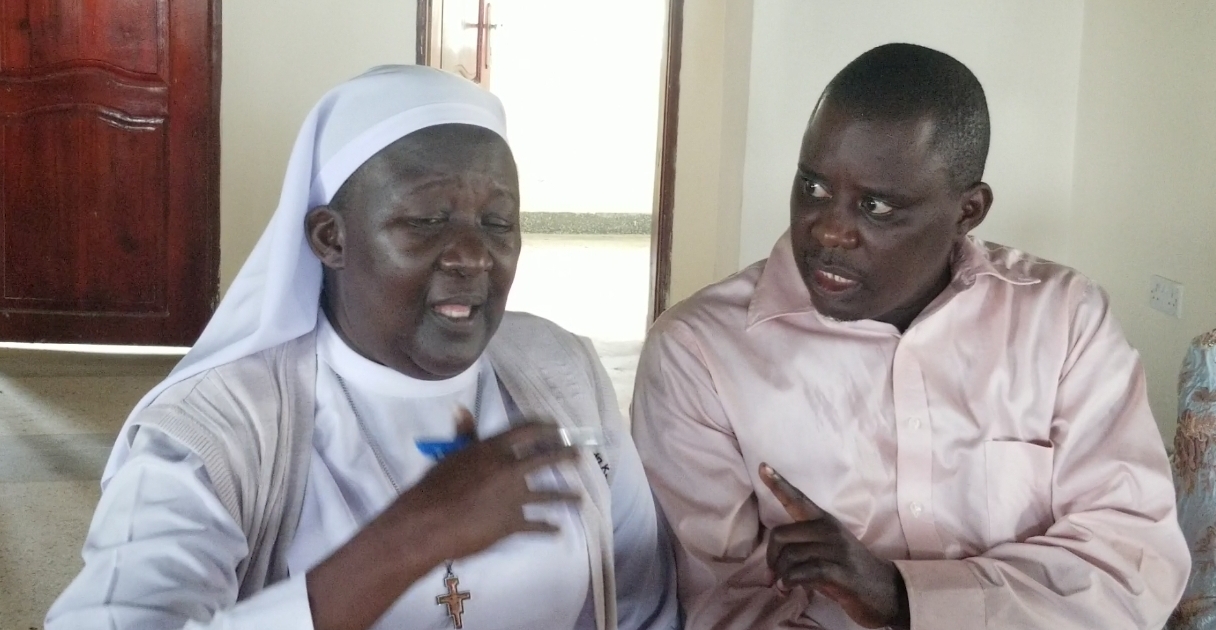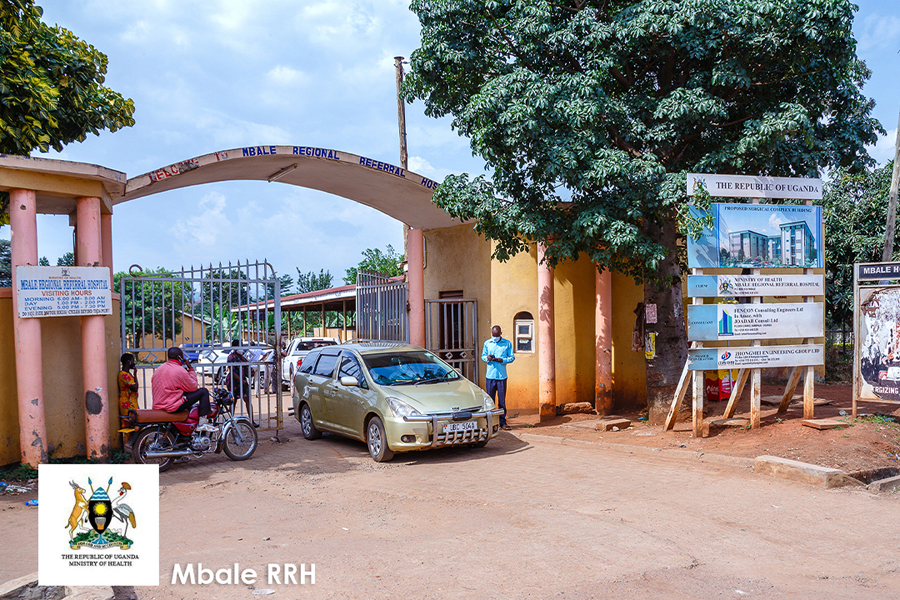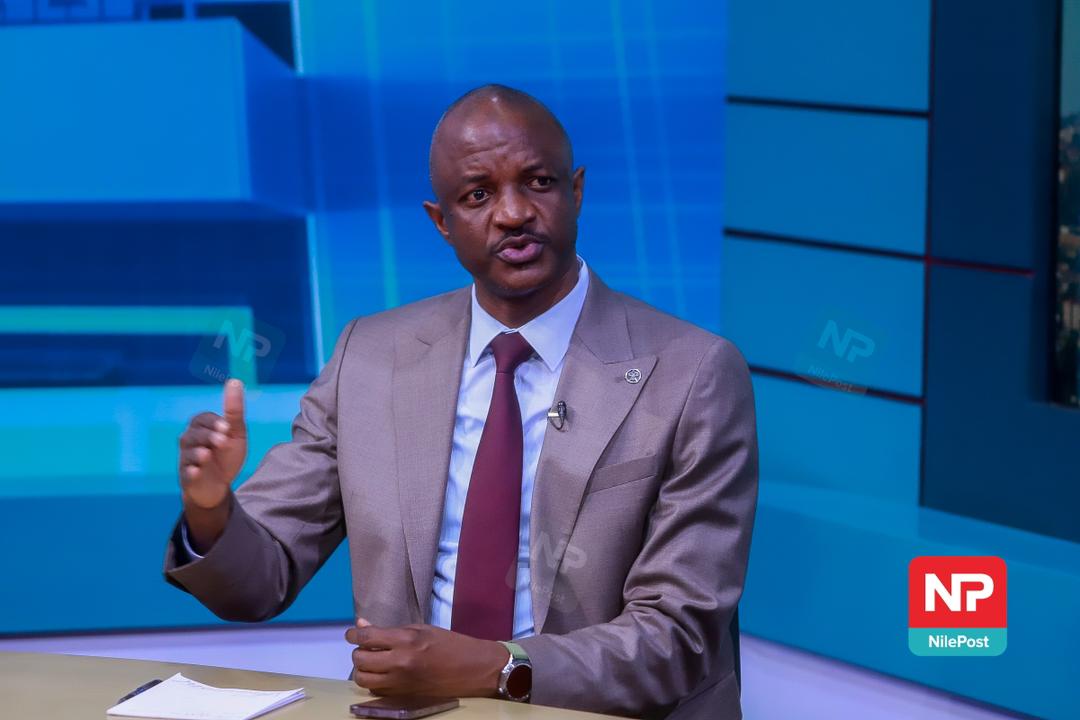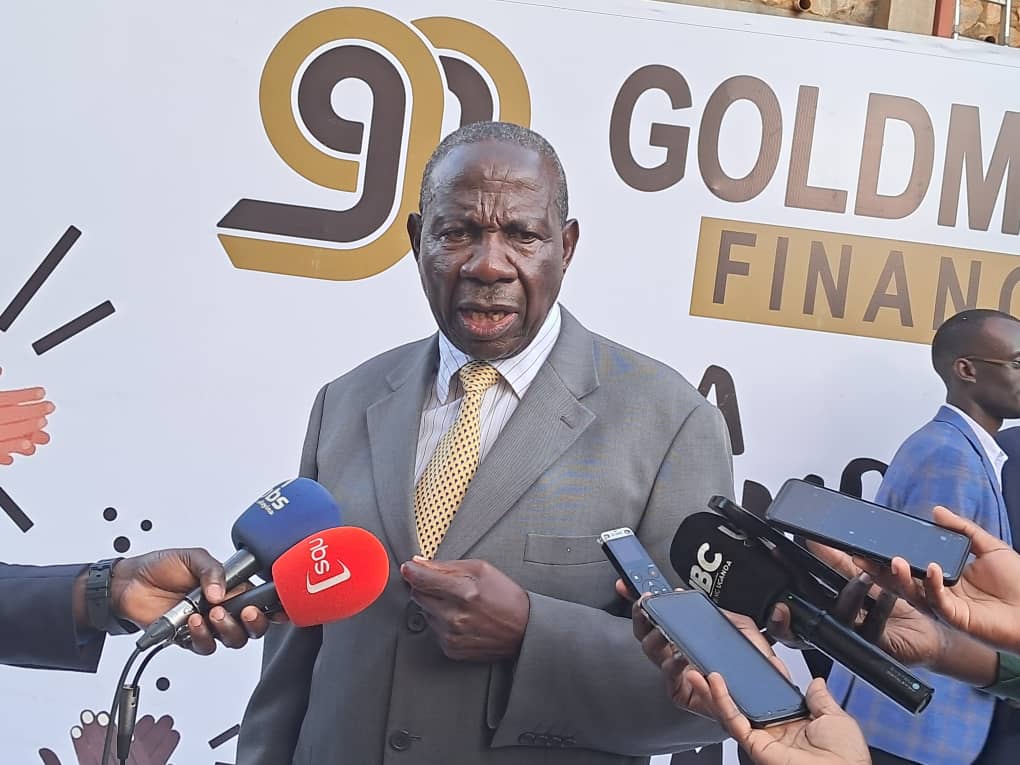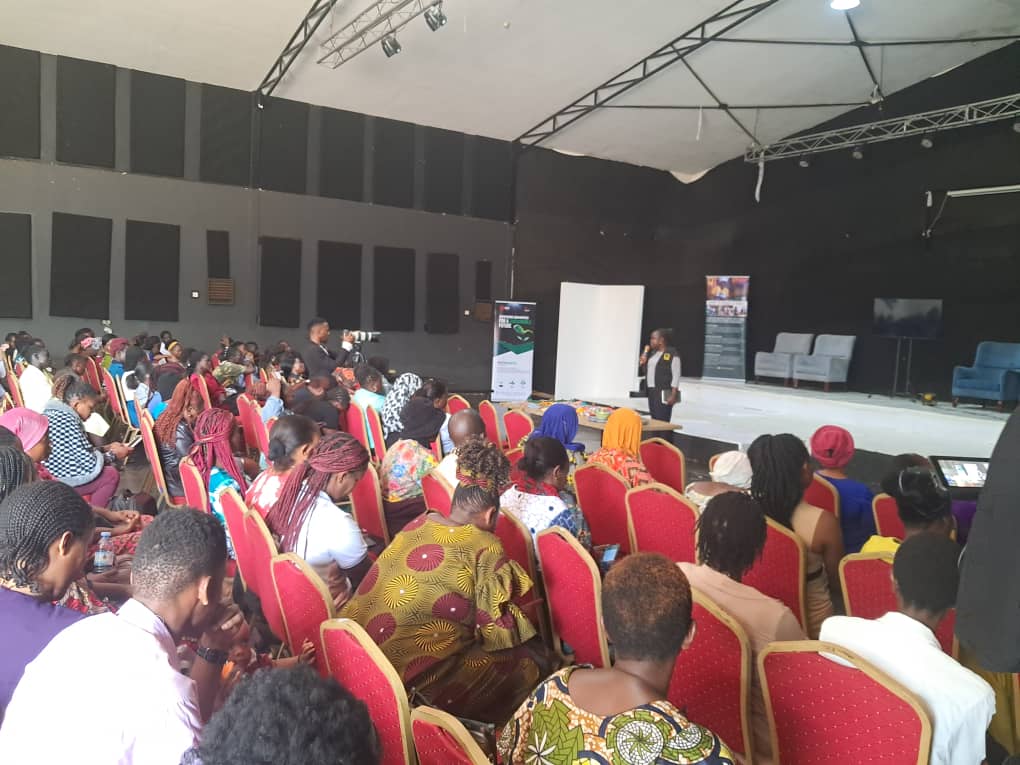OPINION: The corrupt stinking rich will soon bribe to finish us the poor
By Michael Woira
I come in peace, guided by the values instilled in me by my upbringing. In my culture, respecting elders is not just a suggestion but a fundamental principle; we believe that "omukulu tibamulinga mukanhwa" – an elder should not be disrespected. I am not here to criticize or interfere in matters that may not directly involve me. Instead, I am here as a moral advocate, shaped by the teachings of a respectful and religious family.
My purpose is to discuss morals, especially in a time when the voices of elders on these important matters seem to have grown quieter. I aim to remind elders of their crucial role in upholding and teaching moral values and cultural norms. When elders lead by example, younger people watch and learn from them.
How can our youth view certain elders as role models when they witness them exhibiting negative, inappropriate, and objectionable behaviors?
In 1984, under the leadership of President Yoweri Museveni, The National Resistance Council of the National Resistance Movement, along with the High Command and Senior Officers of the National Resistance Army (NRA), developed proposals for a political program. This program aimed to unite political and social forces across Uganda, paving the way for a brighter future for the country's people who had long endured hardship and struggle.
The Ten-Point Program, crafted during the guerrilla campaign, embodies the principles that guided the NRA in building a disciplined army, rallying popular support through Resistance Committees, and articulating a clear political and economic rationale for their struggle against the Ugandan government. This program resonated deeply with many Ugandans who had endured significant challenges under previous administrations.
Let's focus specifically on point 7 of the 1o-point program
Corruption in public services has caused significant economic inequalities for a long time. To effectively address these economic distortions, the government recognized the urgent need to eradicate corruption. Corruption has existed since the beginning of our nation's history and has continued through generations of government officials since independence.
The NRM government has made concerted efforts to denounce corruption, yet some individuals have remained deaf to these calls. Public servants, regrettably, have become obstacles to progress, with leaders acting more like opportunists than responsible figures. Institutions, once pillars of integrity, now resemble gambling dens where financial deals take precedence.
Institutional leaders seem more focused on personal gain, overlooking their primary duty to serve the Ugandan populace. These actions contradict the very principles the NRM aimed to address and rectify.
It's widely known that President Museveni strongly opposes corruption, yet despite his stance, wrongdoers persist in their actions. Many citizens assume that the President is aware of these issues, given the various government structures and departments tasked with combating corruption. However, the prevalence of corrupt practices, known locally as "Kawukumi," remains a significant problem.
These individuals continue to exploit every opportunity for personal gain, from misappropriating essential supplies like medicines in public clinics to hoarding hospital equipment in private homes. Ghost workers everywhere, and false accountability is becoming more common across various offices.
Bail is technically free, but it often requires under-the-table payments for release. Similarly, while services are meant to be free, corrupt individuals demand bribes or provide fake numbers for reporting such incidents. These examples show how widespread corruption is and how harmful it is to society.
Despite ongoing financial mismanagement and corruption, recent revelations have shed light on other concerning issues. For instance, the building located between KCCA and the National Theatre has received awards, as widely reported on social media. While some individuals indulge in lavish lifestyles through ill-gotten gains, hardworking citizens endure hardships.
Elected officials receive extravagant benefits such as cars worth hundreds of millions, generous allowances, and per diems, all while crucial service delivery remains inadequate. This clear difference shows we urgently need to improve how public services are delivered fairly and effectively.
Even though the President keeps asking all Ugandans to fight corruption, especially among the rich and powerful, it's still a big problem. This disregard for ethical conduct undermines our nation's ability to provide essential services effectively. Religious leaders have also attempted to intervene, yet corruption remains rampant. As a country, we need stronger actions to fight corruption and misuse of public funds. What specific strategies can we all work on together to solve this important problem?
The presence of one extremely wealthy and corrupt individual, whether a civil servant or politician, in a village with hundreds of impoverished Ugandans holds significant implications. If this situation persists, it is inevitable that the tables may turn, leading to a scenario where the impoverished populace may eventually hold the wealthy accountable.
We must collectively strive for a corruption-free Uganda, aligning with the vision the NRM had from the start. If we turn a blind eye to corrupt practices, the corrupt will get richer while most people suffer and are ignored.
The author is a patriotic Ugandan


